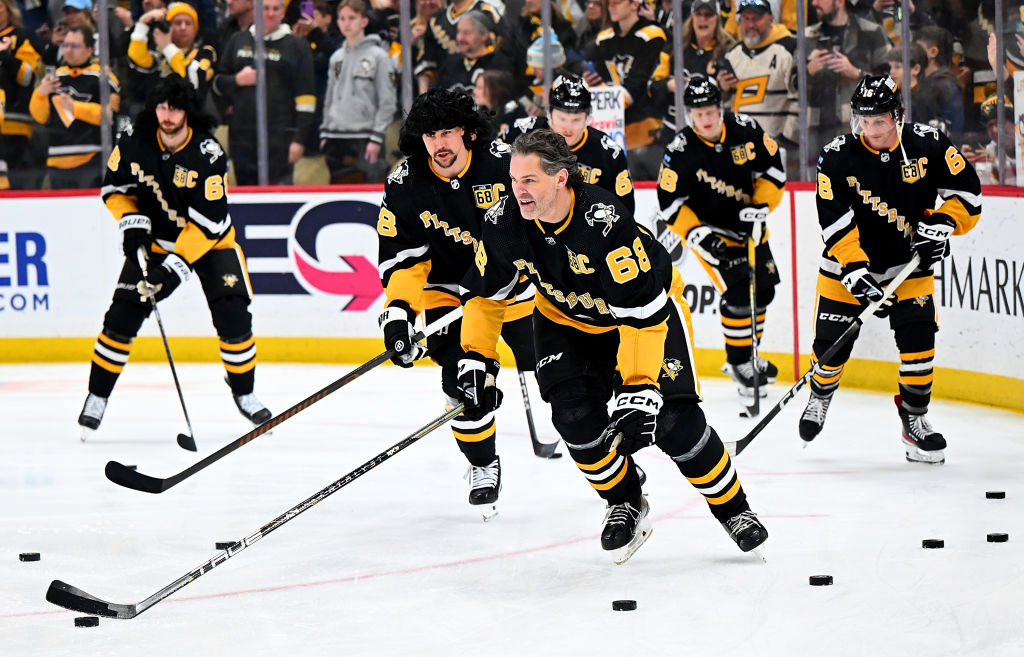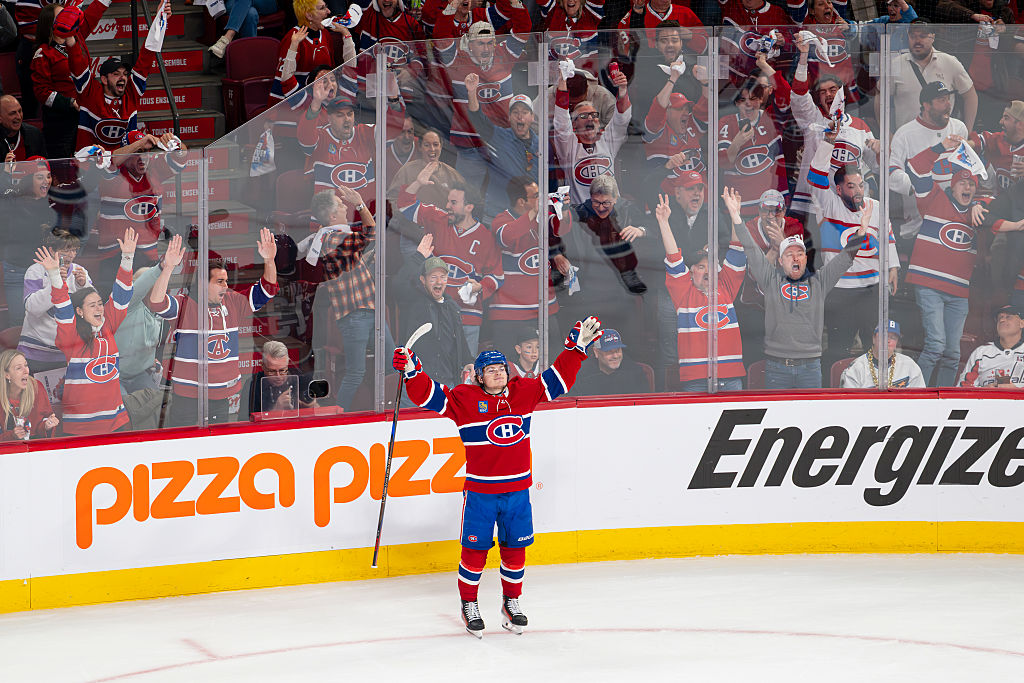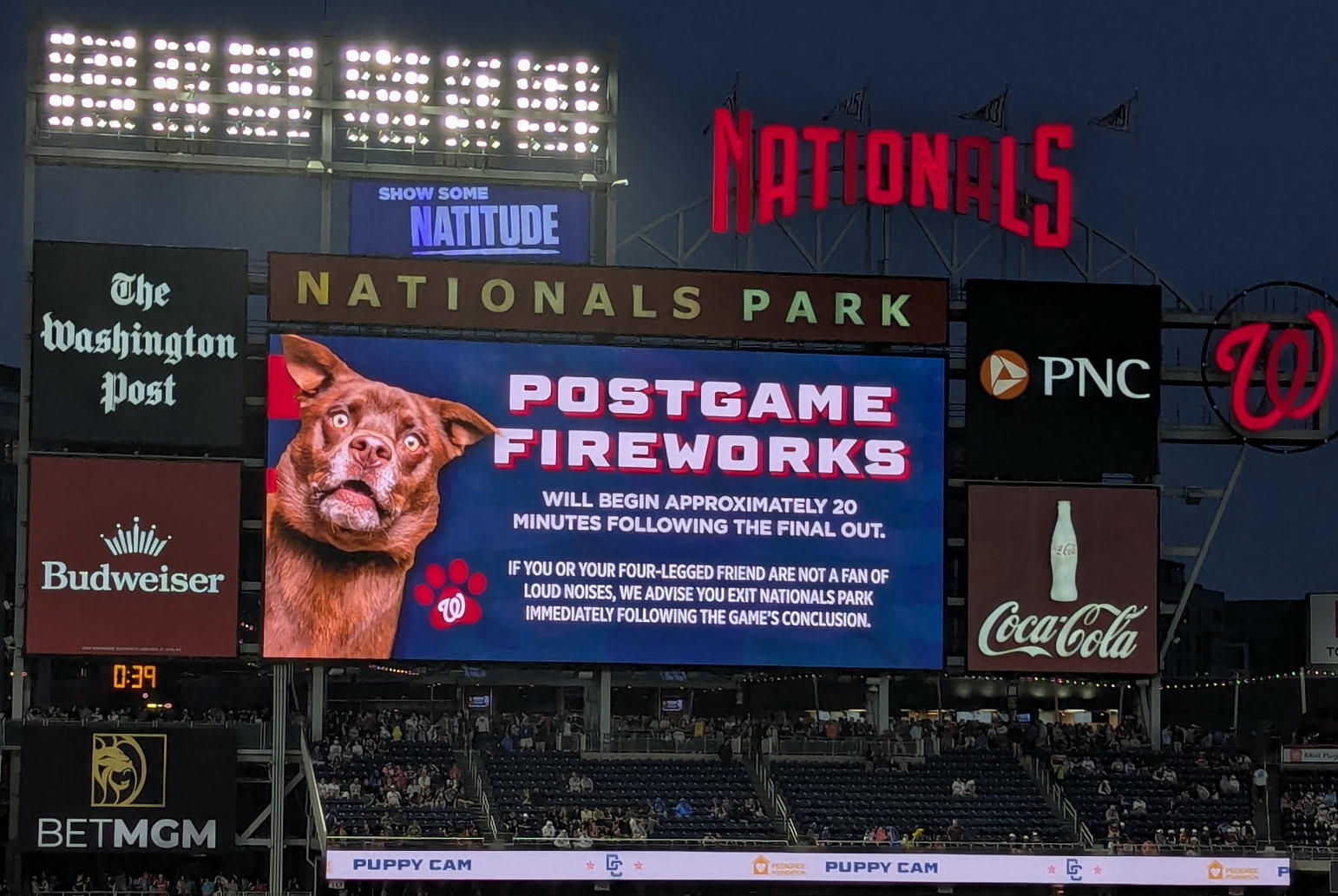On Sunday night, ahead of their game against the Kings, the Pittsburgh Penguins finally honored a legend by retiring Jaromir Jagr's No. 68—just the third number this franchise has raised to the rafters in its half-century history. But the current Penguins, after warming up alongside him (while many wore bushy mullet wigs), performed a kind of anti-tribute to the NHL's fourth all-time leading goal scorer, finding the net just once across a lackluster 60 minutes. For a while, it looked like Sidney Crosby's first-period one-timer might be enough. But an Adrian Kempe equalizer arrived at speed through Tristan Jarry's five-hole with six minutes remaining in the third. Just a few minutes later, despite being on the penalty kill, Kempe doubled the damage off a turnover by deceiving Jarry with his eyes during a two-on-one. The building got so quiet you could almost hear Jagr's phone vibrate up in his suite.
The Penguins' 2-1 loss was in character with the way the team has performed this year. Their goaltending has been strong—top five in the league by save percentage—and the defense has done a decent job protecting its masked men. But Pittsburgh is stuck at 11th in the conference because its offense has failed to keep them afloat, delivering a league-worst points percentage in one-goal games. It's only gotten worse over the past month, especially now that they're dealing with an injury to second-leading scorer Jake Guentzel. They're just 3-6-1 over their last 10, and two of those wins barely count because they came against Chicago and Montreal.
The problem starts somewhere below the top. Sidney Crosby's on pace for his most goals in a season since the last time the Penguins won the Cup. Production drops off after him, with Evgeni Malkin, third-leading scorer, netting just 16, and Erik Karlsson, who topped 100 points with a woeful Sharks squad last year, earning just 38 so far. But the underlying stats for the upper-tier Penguins don't look so bad—they're not finishing, especially on the power play, but the chances, both raw and high-danger, are there.
Where the Penguins have much more of a problem is their bottom six, which just ... doesn't do anything. The half-dozen forwards who played away from the Crosby- and Malkin-centered lines on Sunday have combined for just 16 goals this season—a sharp contrast from the years in which the Pens could seemingly throw out any guy and get something useful from him. Jeff Carter has eight points in 46 games. Jansen Harkins has zero goals and four assists in 35. It's not that these guys need to carry the team, but one-goal losses happen in large part because a team doesn't have the secondary offense to make a few key plays here and there.
For some franchises, a hard-luck season like the one Pittsburgh's experiencing could be spun positively. The machine isn't broken; it just needs to be tuned up with some younger guys and free agents. But for the Penguins, this season is a disaster, because they simply don't have time to tinker with this roster. They're on the verge of missing back-to-back postseasons for the first time since Crosby was a rookie. With so many key contributors in their mid-to-late 30s and locked into long-term contracts, this was supposed to be a final charge at relevance before time snatched its inevitable victory. Age is only a number if you're Jaromir Jagr, but it's an anchor for an NHL roster.
Jagr Night was notable not just because he deserves every honor, but also because it was a reconciliation. Following a reputation-making decade with this team, he'd later go on to be booed by his old supporters while wearing a Flyers jersey. The number retirement ties up an uncomfortable loose end in Penguins history, and yet it comes just as the succeeding generation of stars hits its roughest patch yet. If the scoring doesn't arrive soon, the Pens aren’t going to be anything but memories of a glorious past.






